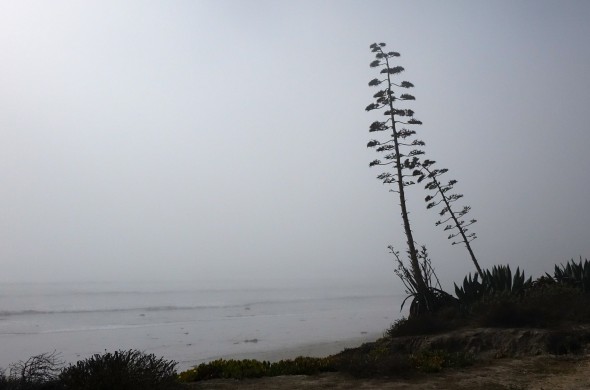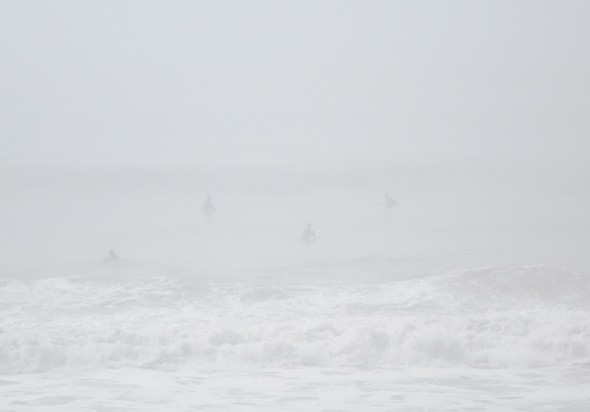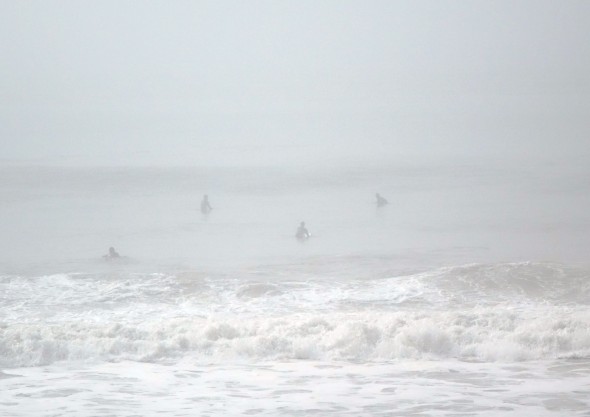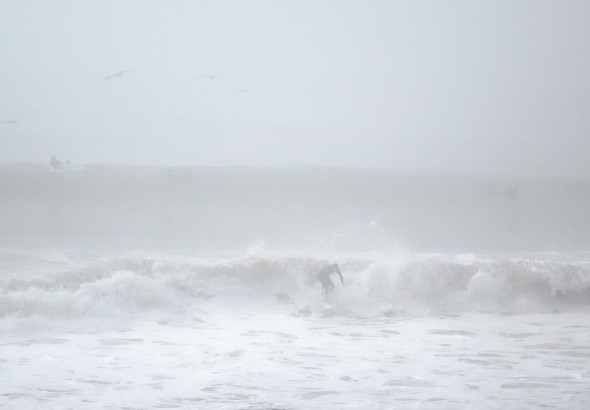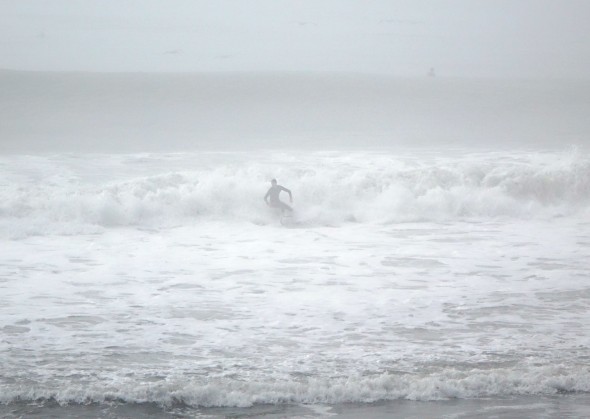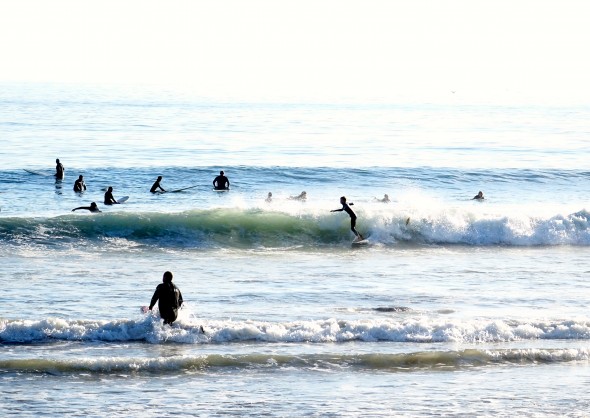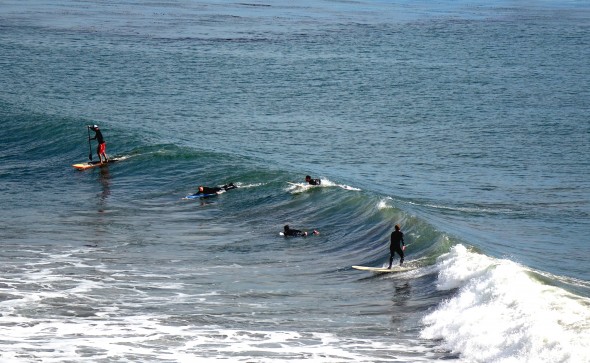What an amazing collection of words have flown around the blogosphere this week, just here, in our small corner! Thanks to each of you who linked a post on this week’s question — which was: Why do bad things happen to good people? And thanks to each of you who contributed to the comments thread, too. We’ve been pushing through some tough stuff the last few weeks and I am grateful to each of you for hanging in for the duration, for wrestling well, and for sharing your insights and your questions with all of us.
Every one of the posts this week spoke to some piece of my heart and I encourage you, if you have not already done so, to read each one. Our group is small enough to make that very doable, indeed. It will be well worth your time, I promise.
A pastor friend in Pennsylvania, on the verge of a major move with her young family, wrote an exquisite post this week, weaving together quotes from three writers, and touching on birds, dancers and Mercy. I dare you to read these words without tears!
You are not lost, dear ones, you are held, though you may not yet be aware of it.
This Mercy, this tender mercy, it is the key to endurance, the doorway to hope, the promise of joy in the midst of deep and tragic sorrow.
I have only waited for a little thing – a house, a home, a promise – and maybe this song I sing seems as foolish to you as the voices of the birds did that snowy day. What can I say to convince you?
There are not words, my friends.
So I’m singing today in the face of winter, singing from a place I’m coming to know, lifting notes that crack and fail to carry just as often as they sometimes soar. I’m singing this song of hope in the waiting, pressing these tender shoots of green against the snow and ice, dancing these slow, strange steps with a Partner I cannot always see.
Spring will come, love will unfold, and when it does, you will be found in its midst, held, protected, embraced.
Oh.My.Word.
Another friend from the cold east revisited an old post of hers, a beautiful prayer of thanksgiving after reflecting on deep losses in her life:
You knew my path.
You provided people who
journeyed with me,.
people who did not give answers,
but gave themselves.
And now I can thank You,
not that you allowed the loss –
but that you knew my path
through the loss.You knew all I would learn
as I processed this deep loss.
And You did not spare me.You knew I would learn to
“Pay Attention . . . ”
to see more clearly
your activity in the midst of
daily life.You knew the self-awareness
that comes from processing grief
would give me the confidence
to stand on my own two feet.You knew my path.
Everyone who contributed to the conversation this week affirmed the truth of that last line, despite incredibly difficult circumstances for many of us.
A voice of deep wisdom, reflecting a life of rich experience and conviction, took a two-pronged approach. He looked briefly at the historical roots for what he finds to be an American political and religious heresy — the belief that “God’s favor is manifest in material blessings.” To me, this is an important idea, one that we need to think through and speak against, primarily because the logical antecedent to such thinking is that suffering and struggle are indications of God’s disfavor. . . which is what gives rise to exactly the question we’re looking at this week! Prong two sprang from his own personal journey right now, as he walks through a terminal illness:
So from April until September I was in bed on my back.
But during this time, I realized that I could still pray. I spent many quiet hours in bed, just being quiet, meditating and praying.
The treatment I was on failed and in September I started Chemo Therapy, so that as I was trying to recuperate from the surgeries, my body was taking a hit from the chemo. But that period of quiet, of lying for months on my back gave me the serenity to deal with my status in this life/death cycle. I don’t consider my situation as a “bad thing” that is happening to me. I have a wonderful family and church community, and I will live until I die. But God is with me.
But God is with me. YES! Right there, in the midst of the struggle — this is the gift of Presence, the fulfillment of the promise given as Jesus ascended into heaven, “Lo, I am with you always, to the end of the age.”
Another voice, again one of deep wisdom born of chronic illness, gave witness to the ultimate story of bad things happening to a good person — Jesus himself:
He didn’t deserve to die. We don’t deserve His sacrifice. Bad things happen to good people. Sadly, this is a sinful, fallen world.
We live in an upside-down, here-but-not-here-yet Kingdom where we begin to accept the cloud of unknowing is part of belonging.
And we look to the cross. Consider Calvary. Weep for the loss and rejoice in the resurrection. Marvel that His ways are not our ways and His thoughts are not our thoughts.
All He asks is for us to lean on Him. Rest on His word. Seek strength and help in time of need. Find comfort and share it with others.
Meanwhile, we live with smoke and mirrors, with mystery and mayhem, with pain and with promise, with unanswered questions and faith. . .
Prayer draws us nearer to God’s heart and there we find all the comfort and reassurance we need to keep us afloat. We begin to see an open door of hope through the painful places.
Though we may still emerge with unanswered questions, in the listening and leaning we learn to release the pressing need to know and rest in trusting all that we do understand.
Our traveling poetess returned home just in time to contribute these lovely and succinct words:
I am learning to surrender
my need to know
giving up the why?
again and again
I find myself confessing
my heart on its knees
let it be enough to know that You know
so we can move on
to the now what?
remembering we are still in Your arms
even when nothing feels safe
or certainhelp us turn the question
on its head, and ask instead
why do we deserve all the good poured out upon us?grace, Your grace alone
I loved these words, offered just prior to telling the stories of ‘three good men,‘ each of whom suffered greatly, two of whom died in the midst of the pain. As always, stories are powerful tools of Truth, especially as we are trying to live the questions. . .
Nobody is actually good. Really, we all deserve much worse than we get. It’s one of those things you decide to believe to be humble and reverent, while somewhere inside you’re mad because these bad things just don’t seem right.
And these words? Wisdom way beyond the writer’s years!
Suffering catches us in the middle of things and feels like chaos. The attempt to lay out sensible reasons and answers feels to me like trying to lasso a tornado. I remember declaring vehemently to a friend: “I don’t want God to tell me why Dad died, because I know I wouldn’t really understand it, and no answer would seem good enough.” I find it disturbing that in their arguments for God’s sovereignty, some people seem to stretch “God works all things together for good” to “all things are good.” I’m confident both God’s power and His love will survive without that kind of mental gymnastics. I hope that as we all continue to grow and to know God better, that we will learn to see how He touches us as whole people, beings of body and mind and heart. We don’t have to make God work for us. He is present with us–as present with our broken hearts as with our careful theology. We don’t have to make everything work. Because He is, and is with us, no matter what.
These opening words surprised my by their logical clarity — why didn’t I think of that?
No one seems to feel God has to explain why good things happen, and everyone seems quite at ease with bad things afflicting the Bad. Of course Good things happening to Bad people is often fodder for a few outraged headlines, but in the end, we are concerned with ourselves, and we rarely consider ourselves bad.
This same writer then continued to dig deep and to speak to her own greatest fear — that her children would suffer:
I have been so scared at times, not knowing, simply not knowing.
And not trusting.
I am not ready to let them be free. Free in the loving care of Jesus.
I hold my daughters in chains.Bad things must not happen to the fruit of my womb.
And I am thrown again on the passage from Romans 8 where Paul insists that nothing can keep us from the love of God. Surely that is the most important thing for us to hope for. That we are never separated from God’s love. . .
My head accepts things far more readily than my heart. Should serious harm ever come to my dear girls I make no promise I won’t rant and rail and I am sure I may well doubt the love of God. And I will have need of friends who will sit with me in the dark times clinging on to my old certainties for me whilst I can not.
May my love for my daughters set them free to follow Christ and lead me to love, serve and intercede for all his daughters and sons.
My lovely young friend from New Zealand poured her heart out on her brand-new blog, agonizing over a national tragedy in her country and over her own terror for the safety of her husband and children. This post got injured in the link-up and was only connected late in the day yesterday, so if you have not read it, I urge you to follow the link and read every word:
Despite praying for their children’s protection, their parents, families and friends were left grieving and devastated. And the question nags at me – why do I pray for my family’s protection when God may chose not to answer it? What is the point of praying this way?
The best answer I’ve got is that I can’t not. I ask God to protect the ones I love, because I trust Him, and because that is my part. My part is to ask, His is to answer. I have no control over the answer, but if I have at least asked, then I have done my part. . .
We got to the part of the service where we have communion, and as we were singing the song following communion, I was hit by a revelation. I had just had communion, which somehow joins me both to Christ, and to the rest of His body. I knew that my family (still in the cult I left) would have had communion earlier that morning, and I thought about Diana and all of the rest of the people I am getting to know on the interwebs, who would be having communion while I was asleep. I thought about my sister-in-law who died a month ago, and remembered the line in the Anglican liturgy that talks about the whole body of saints, those who have gone before, those who are here now, and those who are to come… and I realised that in some way, despite all our differences of denomination, location and even state of being, we are ALL ONE in Christ. Taking communion is actually a point of connection with my family, who are believers but major on the minors, my friends, who are believers who happen to live on the other side of the world, and my sister-in-law who was a believer and is now ‘in Christ’.
For some reason, I’ve never really seen it that way before – despite our worst denominational efforts, we are all part of one body, and the griefs, tragedies and heartache that we have to deal with cannot change that.
I don’t really know how that ties in to why bad things happen to good people… except that it is all a mystery. How this whole thing works, good or bad, is a mystery. We truly are living in the shadowlands, and there is so much we never see or understand. I cannot trust that God will always answer my prayers the way I want Him too, but I can always trust what I know and have seen of the character of God – He is kind, just, merciful and ‘has compassion on us because He knows that we are dust.’
You all did such stellar work and I am so grateful for every one of you. Please read through the comments section, too, because there are some gems in there. Here are just two:
Asking “why” only wearies me and makes me a bit crazy. Because there are no answers I try not to go there. My prayers in times of sorrow are usually ” please let me feel your presence and walk with me”. I look at the world and no one is without their own private grief. Why should I be exempt? The rain falls on all of us. And so does the sunshine!
I have to work from the foundation of this truth…God is Love… And true love never forces Itself on anyone….so much of this suffering is at the hands of other broken people…and so often people wonder ….why won’t God deal with that rebellious son….husband…but what that means most of the time is…why doesn’t God shorten my suffering and deal hard with the other person….but if we think about it…when we want God to be the ” enforcer” in someone else’s life…where are we willing to let Him be the same in our lives….where do I want my free will to be violated.
God has been good to us, to give us each other for this stretch of the journey. My thanks to each of you as we head toward home this week.
Friday’s question: What do I do with all the hard/weird stuff in the Bible?
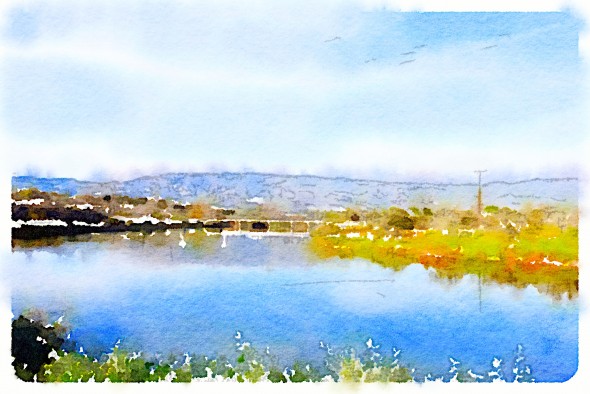
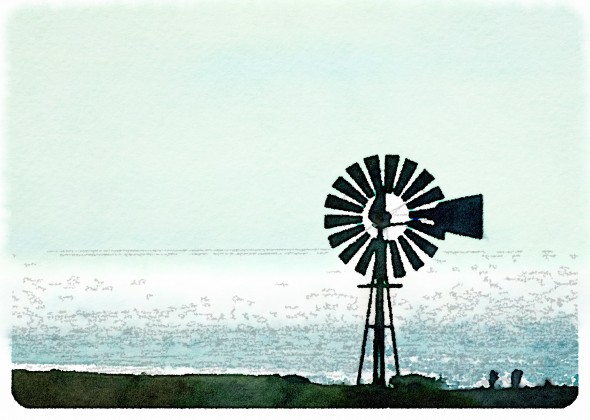
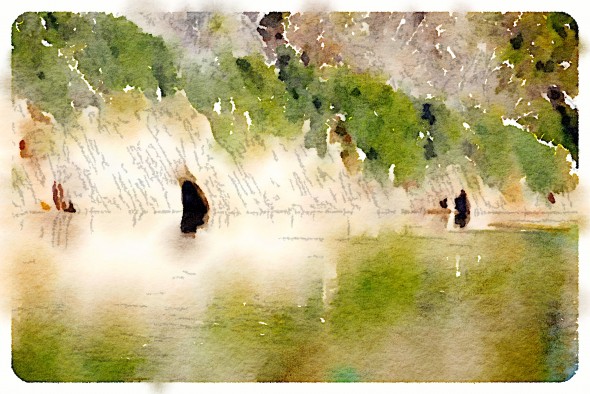
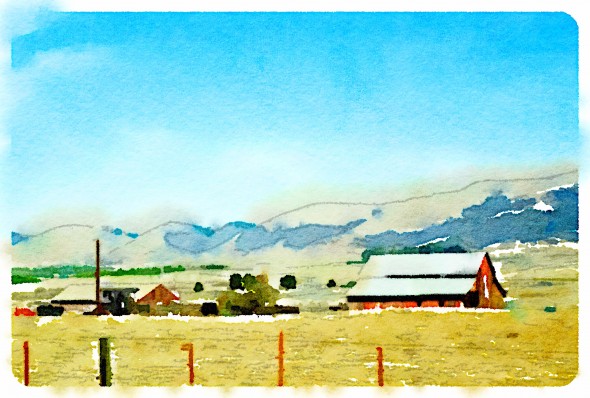
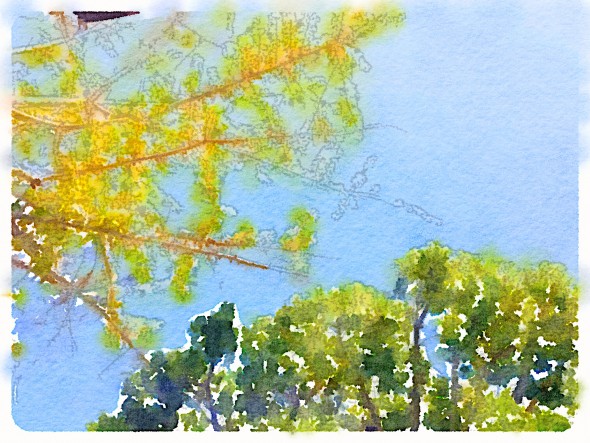
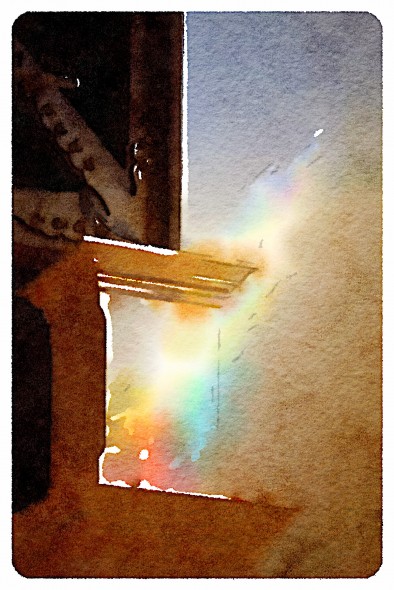
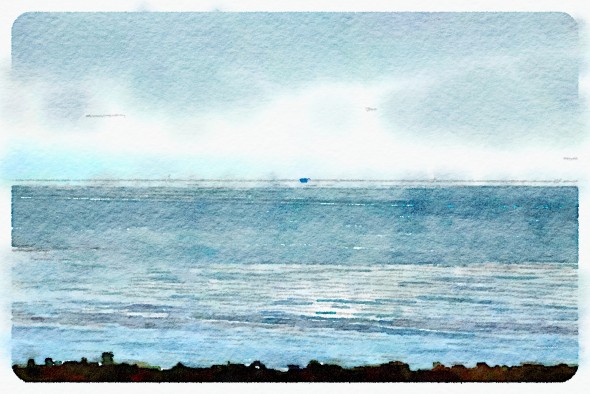
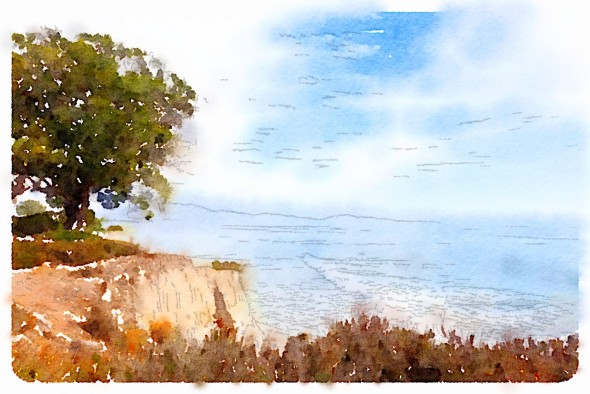

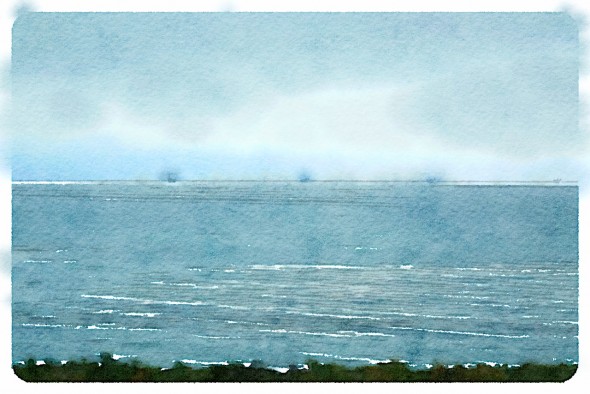
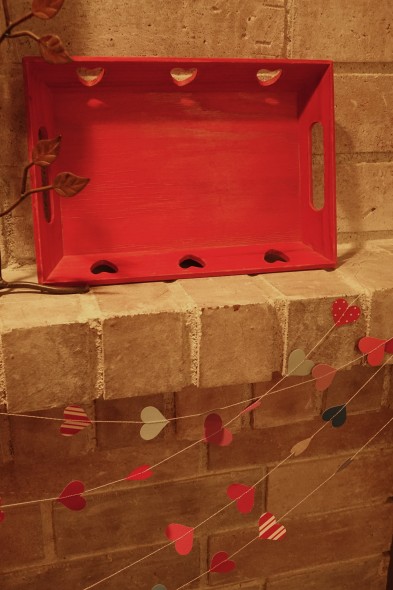
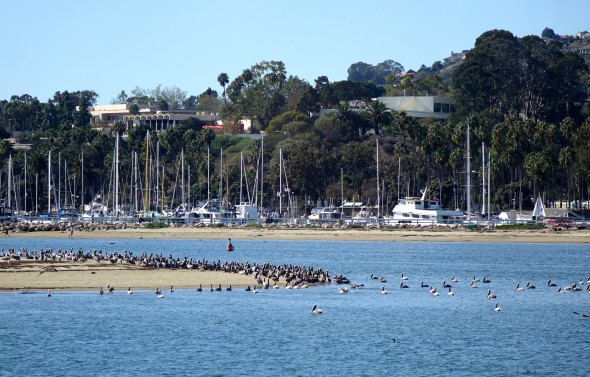
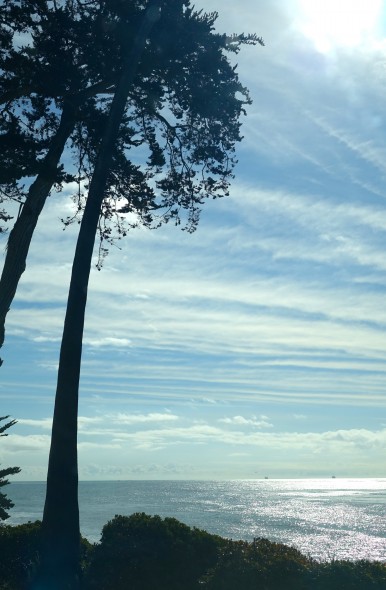

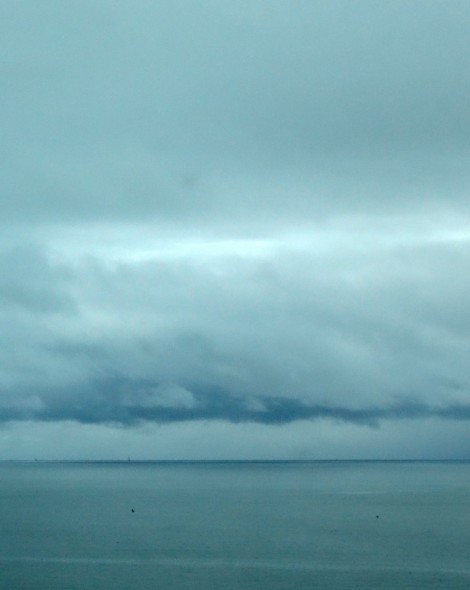
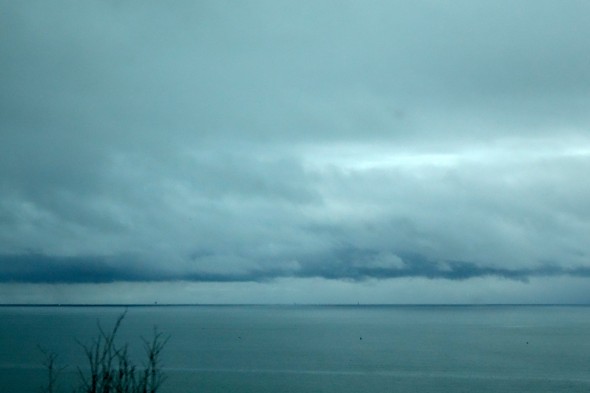
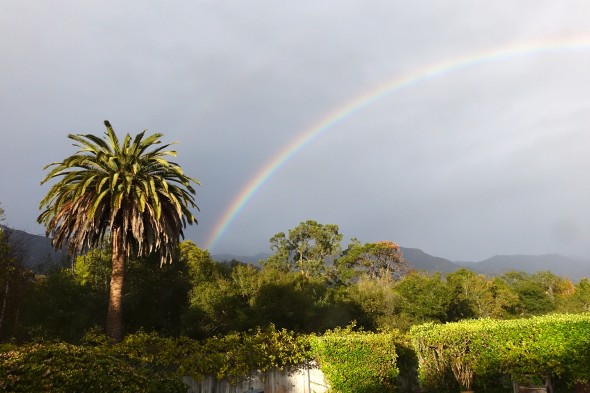
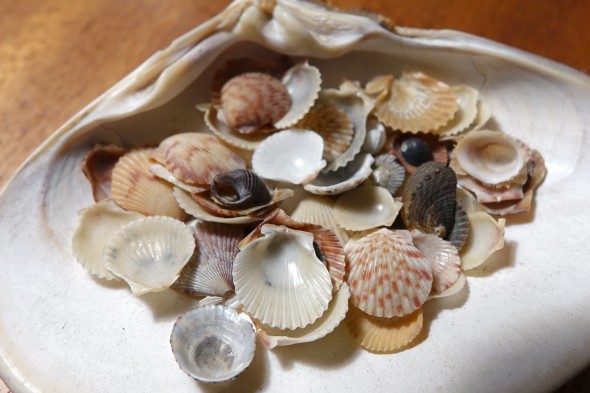
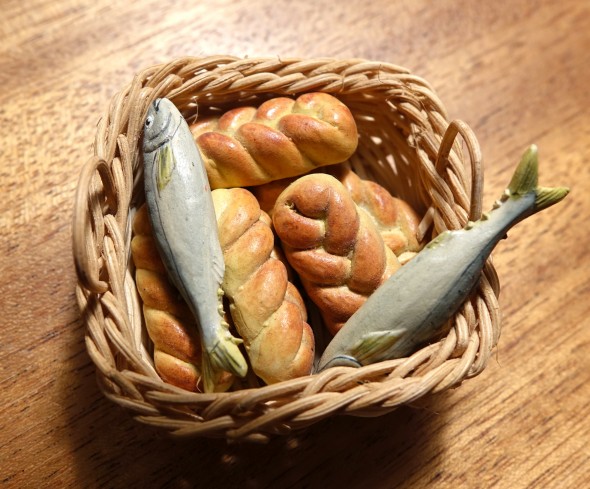
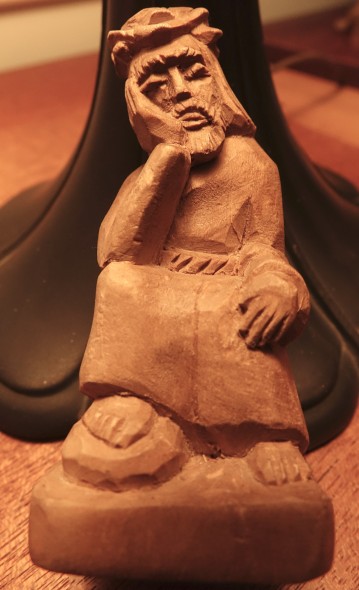
 Loading InLinkz ...
Loading InLinkz ...